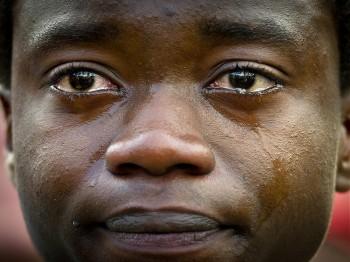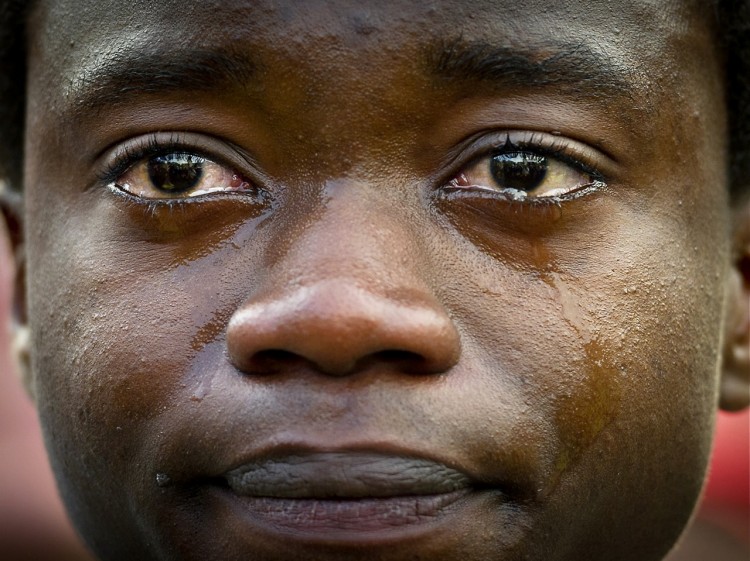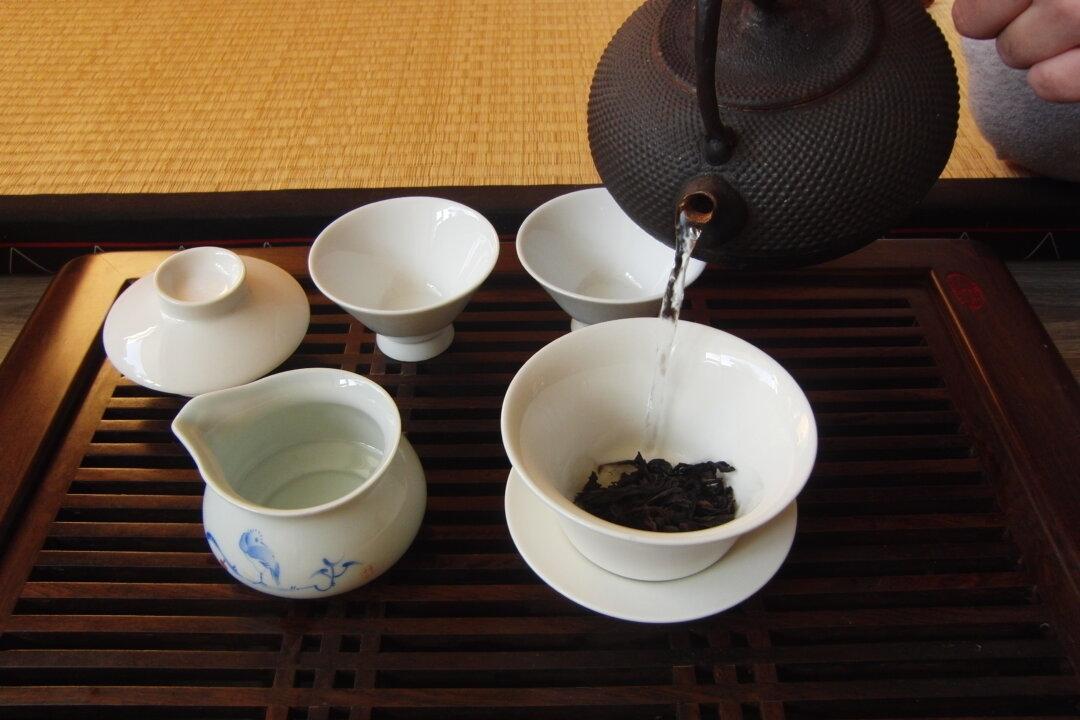HILLVERSUM—After much intense public debate and a political tug-of-war, the Dutch Parliament on Tuesday voted against two motions that would have granted an 18-year-old Angolan boy a residence permit.
For weeks now, Mauro Manuel has been all over the headlines of Dutch news. Not a talk show goes by without heated debate on the future of the boy, who simply wants to continue his life here and not there.
According to Mauro he now “has nothing” in terms of close ties with Angola.
Mauro’s mother put him on a plane when he was 10, in the hope of giving him a better future by leaving war-torn Angola to go to the Netherlands. He arrived with hardly any belongings and without speaking the language.
Mauro made multiple attempts to apply for asylum but was refused each time, although he did not face deportation since it is against Dutch law to deport an underage asylum seeker.
Eventually he was fostered by a Dutch family, whom he calls his real family, and grew up like every other Dutch boy. He speaks a soft Southern Dutch dialect.
Now that Mauro has officially reached adult age, he is no longer protected by and from the law. Politicians claim they cannot make an exception for him, as Angola is no longer considered a “dangerous” country. He still has a mother there, and they argue that making an exception in his case would set a precedent for other asylum seekers in a similar situation.
Mauro remained composed when he heard the ruling that he was no longer welcome in the Netherlands, but tears ran down his cheeks.
His case captured a great deal of attention from the Dutch public. Many are appalled that a boy could be expelled from the country who grew up here, has friends and family here, and does absolutely no harm.
Still, there is a good chance that a motion seeking to grant him a temporary student visa will be accepted by Parliament sometime next week. That will be the next episode of an emotional roller coaster.
Through the proposed—but rather complicated—procedure, Mauro might be allowed to stay in the Netherlands pending approval of the compromise visa motion.
Yet, what awaits him after his studies at vocational college finish in one year will unfortunately be more insecurity and obstacles. He will basically be back to square one.
Nevertheless, it gives the Dutch pubic more time to get to know Mauro better and perhaps come to their senses over the increasingly strict immigration policies in the Netherlands.
Over the past eight years, which is the length of time Mauro has lived here, the Netherlands has gradually transformed from a model immigration country to a xenophobic nation.
After eight years, it would not be surprising if Mauro can no longer speak very much of the languages of his country of birth: Umbundu, Kimbundu, or Kikongo.
His favorite meal is more likely to be Dutch hotchpotch rather than Angolan funge.
And as a player himself, Mauro would likely cheer much more loudly for the Dutch Lions, our national soccer team, than he would for the Angolan Black Antelopes.





